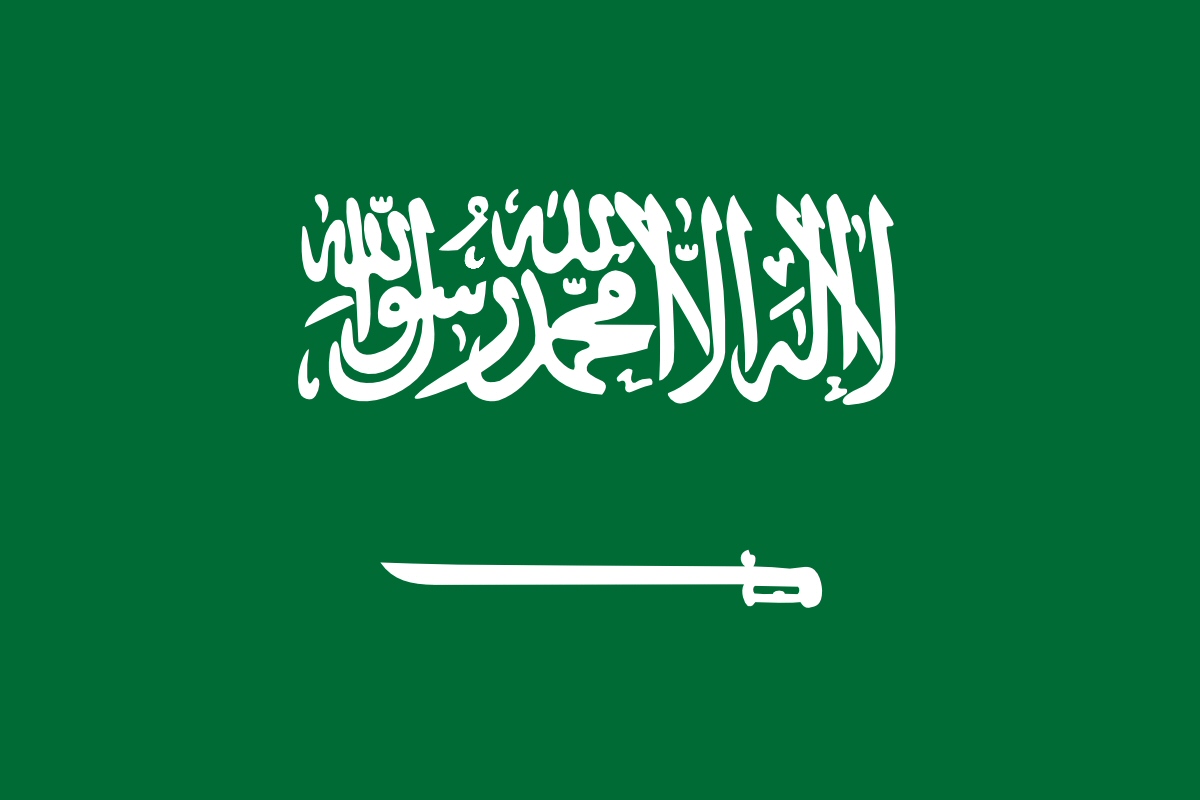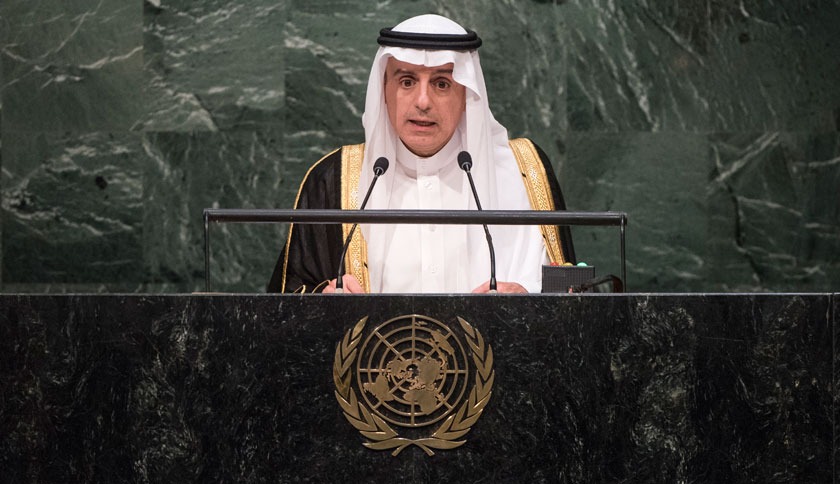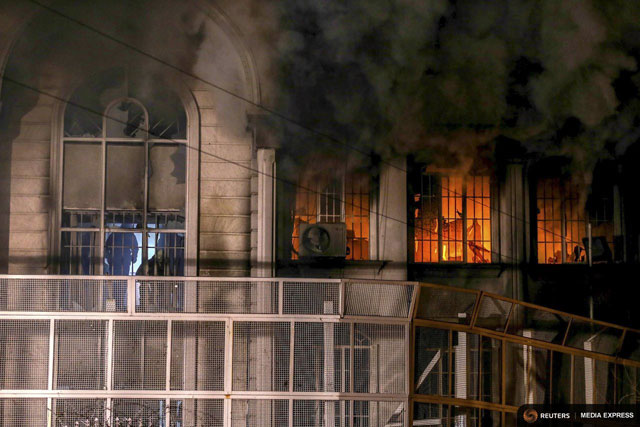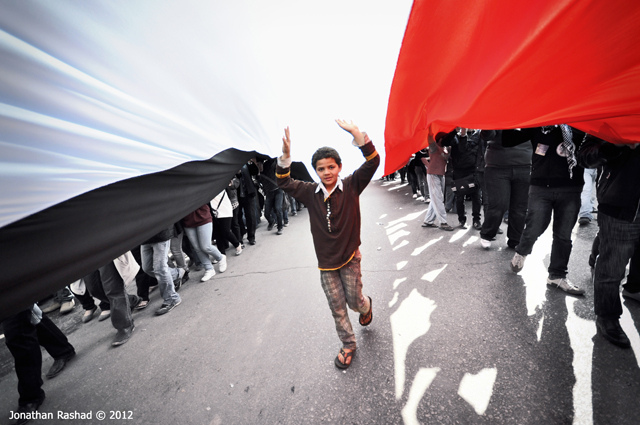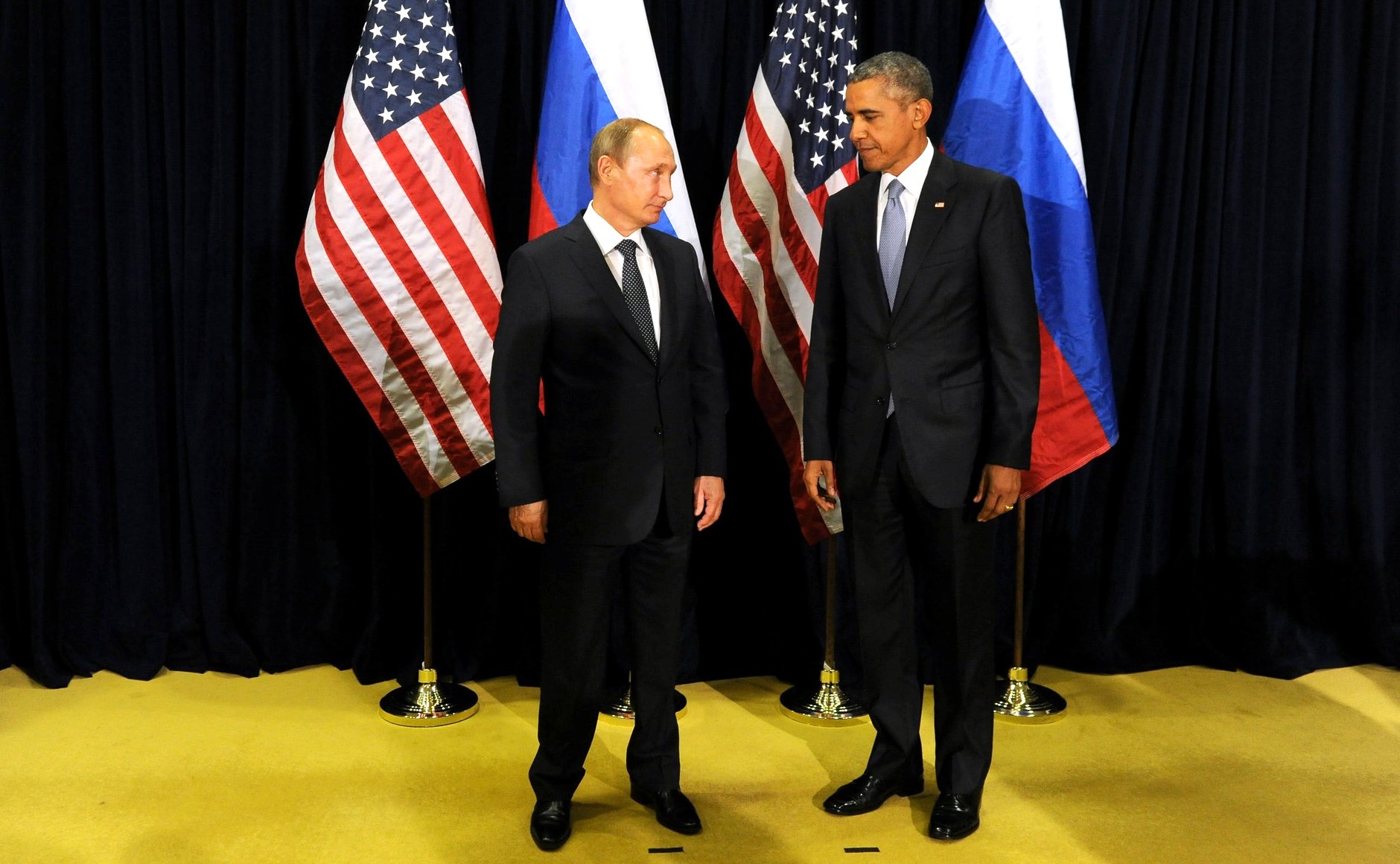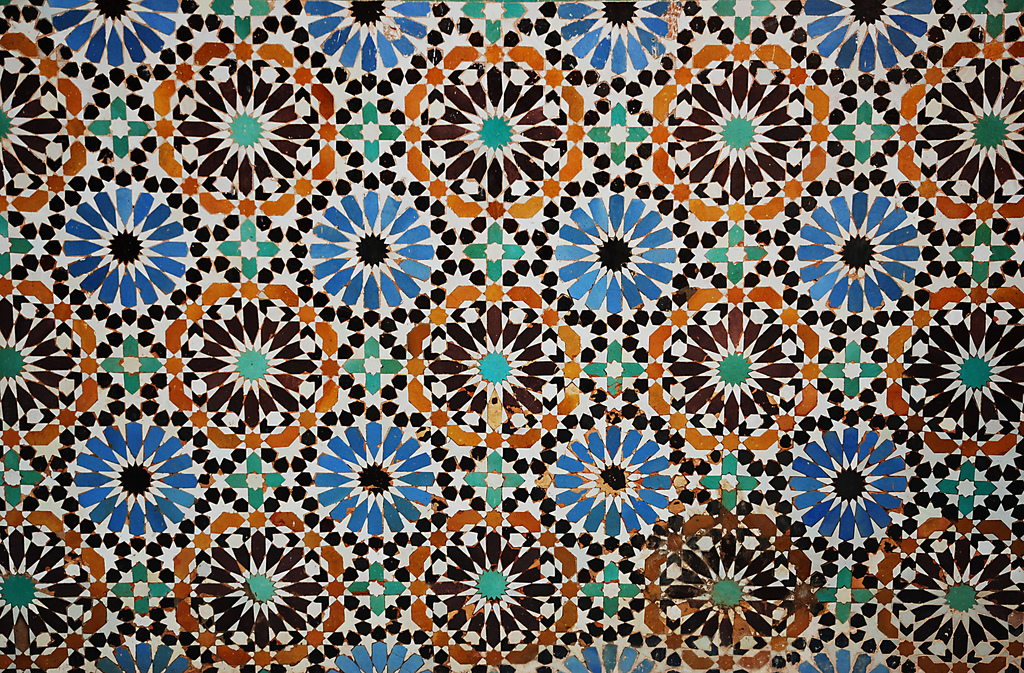When the Arab uprisings began in 2010, the future of the Middle East looked more uncertain than usual. In the midst of the turmoil, Saudi Arabia was forced to strengthen and clarify its foreign policy. Since then, the Kingdom has structured its foreign policy leadership and its vision for its future around unity, stability, and responsibility.
Unity
The unity that Saudi Arabia advocates, and the vision it promotes, is the unity of the Arab Gulf. In the past few years, the Kingdom has made great efforts to prioritize the oneness of the Gulf’s Arab countries and their shared interests over small and transient differences. In the struggle to restore the legitimate government to power in Yemen, the Kingdom has forged a coalition of the GCC countries and likeminded Arab and non-Arab countries to achieve that aim. The purpose has been to prevent the usurpers of power, the Houthis and the forces of the deposed president, Ali Abdullah Saleh, from forcing themselves on the Yemeni people.
As sectarian violence deepens rifts and breaks apart homes and communities across the Arab world, Saudi Arabia’s call for unity has become more urgent than ever. Iraq and Syria are among the countries following the same heartbreaking narrative: citizens with the same shared history, religion, and homeland continue to be torn apart by radical groups exploiting sectarian religious and ethnic divisions for their own gain. Groups like ISIS, the Shi‘i militias in Syria and Iraq, Hezbollah, and the Houthis use religious extremism in order to gain loyalty by providing the young a militant identity, a sense of belonging, and a vision for which to fight. But the unity of radicalism is an illusion; it cannot exist without an enemy. It reaches not toward harmony but toward domination and control. ISIS is a symptom of the disease of anarchy in Syria and Iraq.
But the unity of radicalism is an illusion; it cannot exist without an enemy. It reaches not toward harmony but toward domination and control.
Russia has now added to this bloody scene air strikes aimed at Syria’s moderate opposition, which is fighting ISIS and Bashar al-Assad alike. This is a most unwelcome addition to an already combustible situation. Russian representatives state they are there to fight the terrorists. Alas, together with the United States Moscow is ignoring the father of all terrorists in Syria – Assad. In Baghdad, the legacy of Nuri al-Maliki’s sectarian rule disenfranchised the Sunni Iraqis and allowed ISIS to take advantage of the resultant vacuum to establish rule in Mosul and other parts of Iraq. Fix Damascus and Baghdad, and ISIS will wither away.
Fighting sectarianism is far from easy. Sectarianism thrives on the enmity of others. The kingdom asked fellow Islamic countries in 2012 to build a center that will research and help dismantle sectarian ideologies while promoting intersectarian dialogue. But there is only so much that can be done for countries like Iraq and Syria, where sectarianism has become and remains a valuable political currency. The desire for unity cannot come from the outside alone; it must also come from within.
Continue reading “Saudi Foreign Policy: Unity, Stability, and Responsibility”

